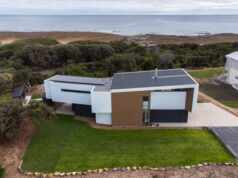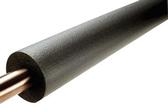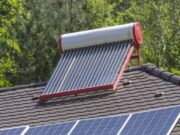Indoor lighting guide
The biggest concern with indoor lighting is how to balance daylight with functional, decorative artificial light.
Good indoor lighting blends artificial light with daylight.Interior lighting...
Are downlights a fire hazard?
Downlights are a popular lighting choice in modern Australian homes, but installing them without care can pose a real fire risk. These compact fittings often sit snugly in your ceiling cavity, right where insulation, timber and other combustible materials live. So, how do you make sure your stylish lighting doesn’t turn into a smouldering problem?
How to plan your lighting
Lighting has a big impact on the way your home looks, feels and functions. A good lighting plan does more than just brighten a space — it creates atmosphere, supports how you live day-to-day and helps reduce energy use. Whether you’re building from scratch or renovating an existing home, planning your lighting layout early can help avoid costly mistakes and ensure your design meets both your needs and current energy efficiency standards.
Lagging and heat loss
See how lagging (insulation) and the distance that hot water has to travel through your pipes can affect energy efficiency in your hot water...
When to turn your hot water on and off
Solar hot water systems are a popular choice across Australia, offering energy savings and environmental benefits by harnessing the sun’s power to heat water. However, to ensure your system runs safely, efficiently and in compliance with Australian regulations, it’s important to understand when and how to use your booster.
How to clean hot water solar panels
Solar panels are a long-term investment in energy efficiency, sustainability and lower power bills. But to get the most out of your solar system, regular maintenance is essential, especially when it comes to cleaning.
Position and output temperature restrictions
Choosing the right location for your hot water system is crucial for efficiency and compliance with regulations
T&P valves and discharge pipes
Temperature and pressure (T&P) valves are essential safety components in storage tank hot water systems. They are designed to release water when the temperature or pressure inside the tank exceeds safe limits, preventing potential damage or hazards.
Hot water system regulations
Hot water systems in Australia must comply with national and state regulations to ensure safety, efficiency and sustainability. The main framework includes the National Construction Code, Australian Standards for plumbing and heated water services and product certification schemes that guarantee safety and performance.
Which hot water systems are most efficient?
The wrong hot water system can easily account for the lion's share of your electricity consumption. In fact, electric tank systems are being phased...















